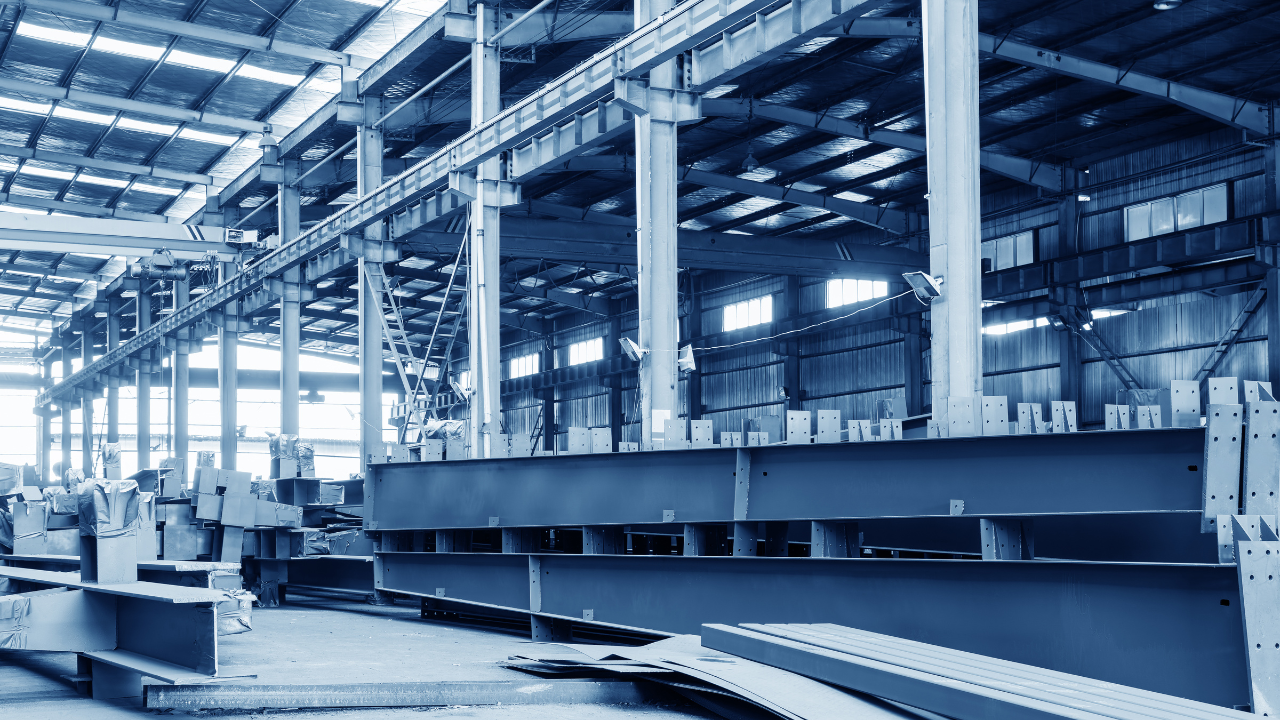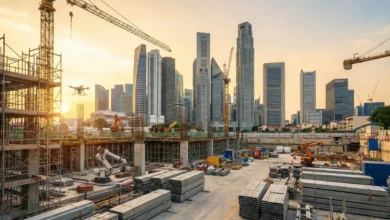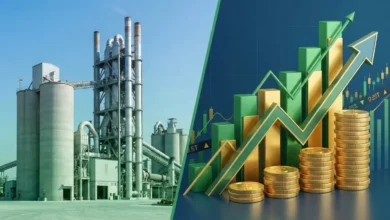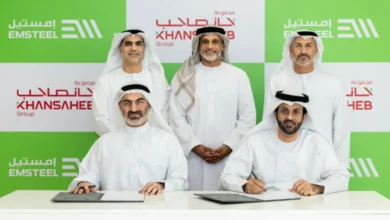UP to Build ₹125 Cr Factory Hub for MSME Growth

In a major step toward transforming Uttar Pradesh into an industrial powerhouse, the Yamuna Expressway Industrial Development Authority (YEIDA) has unveiled plans for a cutting-edge ₹125 crore flatted factory complex in Sector 28, Yamuna Expressway. This five-storey, plug‑and‑play manufacturing hub is being built next to the 350‑acre Medical Device Park and is poised to serve as a launchpad for Micro, Small, and Medium Enterprises (MSMEs) and startups from across sectors.
What is a “Flatted Factory”?
A flatted factory is essentially an industrial-grade, multi-storey building subdivided into numerous individual units. These are designed for manufacturing, assembly, and storage, complete with practical amenities like goods elevators, loading docks, and shared utilities. The concept offers micro and small business owners access to factory-standard facilities without needing to purchase or develop land themselves.
Project Highlights
Size & Structure
- Built-up area: approximately 38,665 sqm (over 5 acres)
- Floors: Basement + Ground + Three floors
- Units: 240 to 252 plug-and-play spaces of variable sizes (e.g., 60 sqm, 90 sqm, 120 sqm) – specifically tailored for diverse manufacturing operations
Facilities & Connectivity
- Fully equipped utilities: internal water and electricity, HVAC, fire‑safety systems, elevators, plus CCTV and access control
- Shared amenities: cafeterias, exhibition halls, landscaped open spaces, ample parking
- Infrastructure support: boundary infrastructure, internal roads, sewage, stormwater systems, green building features, and highway connectivity through 24–30 m roads
Timeline & Execution
- Construction under EPC (Engineering, Procurement, Construction) contract
- Expected to be completed within 24 months, followed by a three‑year defect liability period
Strategic Rationale: A Manufacturing Ecosystem in the Making
YEIDA CEO Arun Vir Singh highlights that the complex is part of a broader vision to develop 11 factory clusters along the Yamuna Expressway. These clusters will include projects themed around sectors like semiconductors, IT, apparel, toys, and electric vehicles (EVs), underscoring a strategic industrial diversification.
The Greater Noida complex sits right next to the Medical Device Park, North India’s first of its kind, spread over 350 acres, with 37 plots already allotted, and dedicated scientific and incubation facilities. This synergy enables seamless integration for medical devices manufacturers beginning operations.
In tandem, a second flatted complex is planned in Sector 10 to support the 206‑acre Electronics Manufacturing Cluster (EMC). This complex will house 228 units plus infrastructure such as a convention centre, 45‑bed hostel, daycare centre, and a 500‑seat skill‑development facility .
MSMEs & Startups: Beneficiaries of a Bold Push
Currently, small-scale industries in Noida–Greater Noida are scattered across rented spaces or operating from informal industrial sheds—often lacking basic infrastructure. The flatted factory addresses this by offering turnkey, compliance‑ready spaces at far lower costs and minimal bureaucratic hassle manufacturing.
According to Noida Entrepreneurs Association (NEA) Vice‑President Sudhir Shrivastava (NEA boasts 3,600 registered members), this model streamlines approvals across essential departments (power, fire, safety), enabling startups to begin operations swiftly without heavy capital expenditure.
This initiative complements several major industrial projects being rolled out along the Yamuna corridor:
- ₹3,706 crore semiconductor unit by HCL–Foxconn in Sector 28, producing display-driver chips manufacturing
- ₹2,715 crore agricultural and automotive component units by Escorts–Kubota and Minda Corp
- ₹800 crore Havells plant anchoring EMC Group 2.0
- ₹150 crore medical equipment unit by TI Medical & Poly Medicure
- ₹4,000 crore combined investments by Ascent‑K, Aurionpro, Amber in tech and electronics zones
Collectively, these investments—totaling over ₹12,000 crore—are expected to create around 22,000 jobs and firmly position the Yamuna Expressway corridor as North India’s next-generation manufacturing destination.
Policy Support & Allocation
- YEIDA plans to retain ownership and lease out units, not sell them—easing entry for smaller firms and rolling out 3,000 such units in the pipeline
- 75% of units will go to MSMEs, with the remaining 25% reserved for startups, reflecting focused support for smaller enterprises
For State Policymakers: This aligns with UP’s ambition to become a ₹1 trillion state economy driven by inclusive industrial growth—a contrast to earlier capital-intensive models .
For Entrepreneurs: Affordable plug‑and‑play spaces lower the barriers to entry in high-opportunity industries like medical devices, semiconductors, and electronics.
For the Workforce: The diversity of manufacturing activities—from tech to apparel—Promises opportunities for skilled and semi-skilled workers, particularly youth.
For Regional Development: With infrastructure upgrades, access to Noida International Airport, and improved transport links, the corridor is morphing into an end-to-end industrial ecosystem—from light factories to global-scale manufacturing plants.
Over the next two years, YEIDA’s multi-tier rollout will create:
- A 5-acre flatted factory in Sector 28 adjacent to the Medical Device Park
- A support complex in Sector 10 for Electronics Manufacturing Cluster
- Additional flatted facilities in apparel, IT, semiconductor, EV and toy hubs
- Partnerships with consultants for infrastructure planning in tech zones (Sector 10, budget ₹450+ crore)
By 2027, Yamuna Expressway will likely have a robust network of specialized manufacturing nodes with planned plug-and-play access—a game‑changer for lean startups and MSMEs.
Summing Up
The ₹125 crore flatted factory in Sector 28 is more than bricks and mortar—it’s a catalyst for industrial growth, innovation, and equitable opportunity. By lowering the threshold for factory setup, cutting compliance delays, and offering shared infrastructure, UP and YEIDA are charting a visionary path: moving from scattered sheds to integrated industrial micro-grids.
For MSMEs and startups, this promises:
- Lower capital outlay and quicker time to market
- Access to world-class infrastructure and supply chains
- Networking opportunities within sectoral hubs
- Proximity to global and anchor manufacturing units
For the region, it signals a shift: Greater Noida is actively shaping itself as a diverse manufacturing nucleus—complementing its tech, logistics, and airport-driven future.





